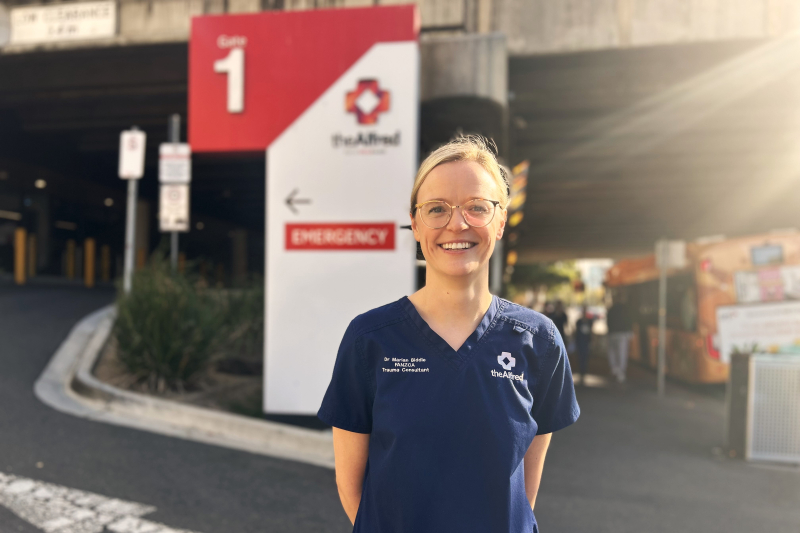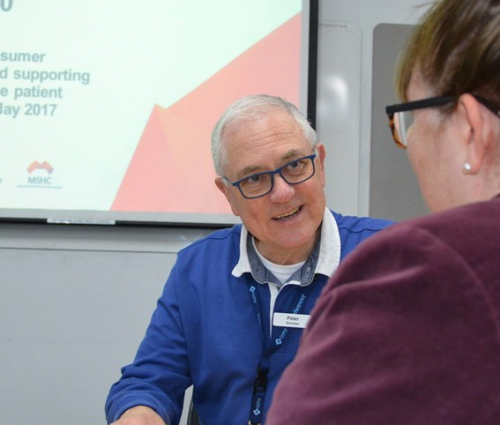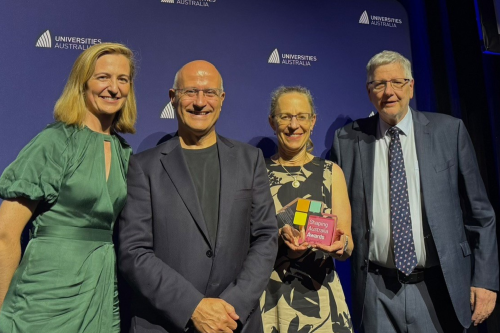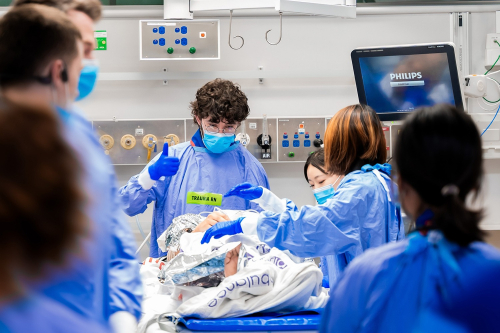“Take care”: message from doctors on National Road Safety week

Trauma Consultant Dr Marian Biddle is likely one of the first people you’d encounter following a road accident and admission to The Alfred.
“Treating people impacted by road trauma is a really big part of our work and we have organised systems and teams to meet that demand,” Dr Biddle said.
“What has been concerning lately, is the severity and immediate management that’s been required due to how critical these patients are."
That’s because road trauma can cause multiple injuries simultaneously, requiring immediate and complex treatment.
“We call them ‘multi-system’ injuries, where a person can have severe head, chest and bone injuries at the same time,” Dr Biddle said.
“In these instances, it’s a race to get the bleeding under control, and then we must work with speed and accuracy to determine which injuries to treat first, each of which can require surgery.
“If the patient survives to hospital discharge, the accident will still have long term rehabilitation and lifestyle consequences for them.”
According to Dr Biddle, it’s not just drivers and passengers in vehicles that are affected.
“Road trauma also includes cyclists, motorcyclists and pedestrians,” Dr Biddle said.
This year’s National Road Safety week happened to coincide with a spike in deaths on Victorian roads, leading doctors at the Alfred — including Dr Biddle — to remind people of their responsibility to those around them.
“Death tolls and admission statistics aren’t just numbers, they represent human beings with fulfilling lives, relationships and families,” Dr Biddle said.
“Treating everyone on the road as you would treat a family member will help keep everyone safe. Please just take care.”


